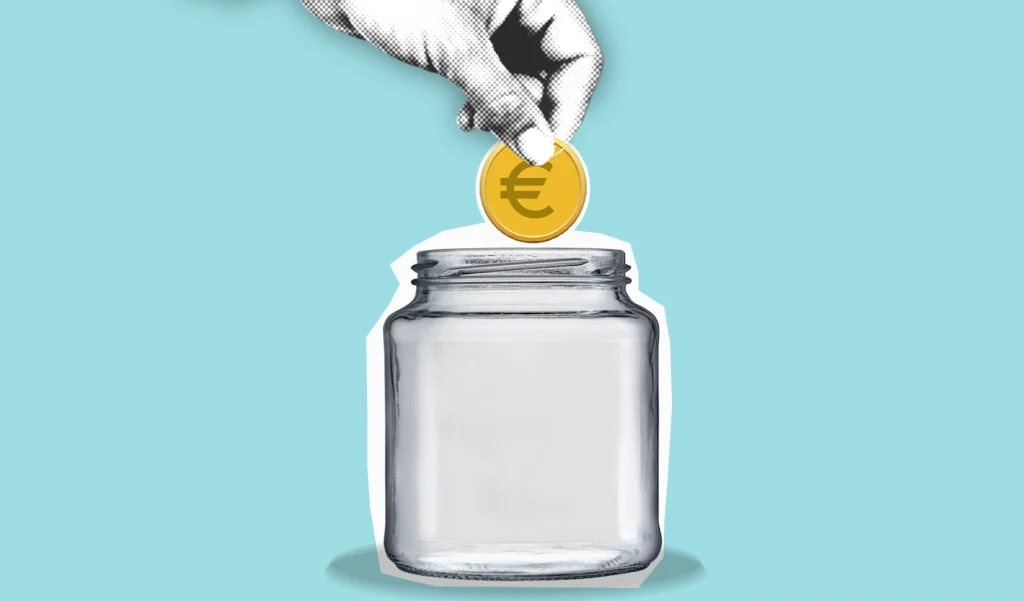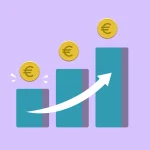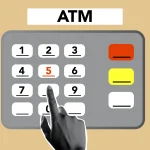As Index writes, on the first day of the New Year, Croatia became the 20th member of the euro area, and the euro became the official Croatian currency and legal tender in Croatia. The previous eurozone expansion took place in 2015 when Lithuania became a member.
Minister of Finance Marko Primorac and CNB Governor Boris Vujčić met in front of CNB. Minister Marko Primorac commented on the introduction of the euro.
“Croatia has joined the circle of the most developed countries in the world. This was by no means an easy process. It took a long time; a number of people made significant efforts,” he said. “The euro will provide us with some security in these turbulent times,” he said and added that the euro will enable further growth and development.
“Over 95 percent of ATMs are stocked with euros; now the transition process is underway. So we can relax and enjoy ourselves,” said Primorac.
“Kuna is going down in history; it served us well.”
Then Boris Vujčić took the floor.
“I am thrilled because this year we finished the project that we started five years ago. We created the Eurostrategy then, and I must say that it did not always look like we would be in the Eurozone on January 1, 2023. This is a record timeline; it could not have been faster,” he said.
“Croatia is the 20th country that uses the second most important currency in the world,” said Vujčić and listed the advantages of the euro. “It is not a magic wand that will solve many of our problems, but it will help us be a richer country,” Vujčić said.
“Kuna is going down in history,” Vujčić said. “The kuna served us very well. It was stable since we introduced the kuna, we had low inflation, it will go down in history with pride, we will only remember it for the good,” he said.
After that, at a nearby ATM, Minister Primorac withdrew the first euros from the ATM.
For more, make sure to check out our dedicated Lifestyle section.











